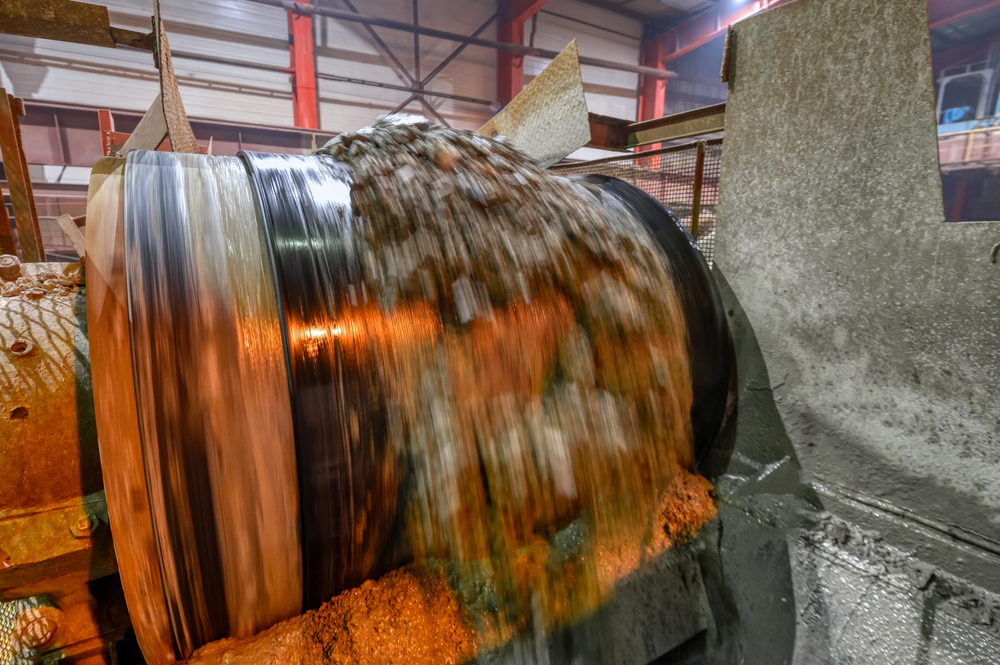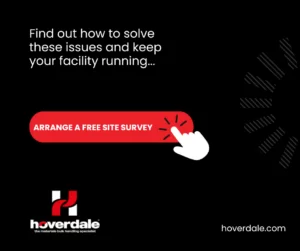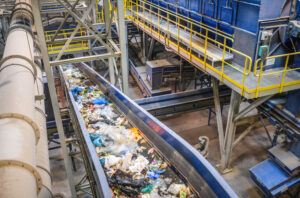Primary Belt Cleaners and Scrapers: Ensuring Smooth Operations at Quarry and Aggregate Plants
Conveyor belts are the backbone of many industries, particularly quarry and aggregate plants, where vast quantities of materials must be transported over large distances daily. Like any machinery, their efficiency is critical, and this is where primary belt cleaners and scrapers come into play.
What are Primary Belt Cleaners and scrapers?
Primary belt cleaners and scrapers are devices mounted at the head pulley to scrape off the material that sticks to the belt. As materials are transferred from crushers and screens onto conveyor belts, some residual material, especially fine particles, often stick to the belt. Without these cleaners, this residual material can cause multiple problems.
The Effects of Carryback and Spillage on Conveyor Belt Systems Handling Bulk Materials
Carryback and spillage are two of the most common operational challenges faced by conveyor belt systems that handle bulk materials. Both pose significant disruptions to the smooth running of a conveyor system and can have cascading effects on the entire operation.
Carryback refers to the material that sticks to the belt surface after it leaves the head pulley instead of being appropriately discharged. This residual material can lead to several complications. Firstly, it increases the wear and tear on the belt and other system components, shortening their lifespan. Carryback can also cause the belt to become imbalanced or misaligned, leading to uneven wear, potential belt damage, or even snap. Further down the line, this material can fall off, leading to buildups beneath the system that can impede its functionality and pose a safety hazard. Additionally, carryback reduces the overall efficiency of the conveyor system since not all material reaches its intended destination, leading to losses in material and profit.
Spillage, on the other hand, refers to material that falls off the conveyor belt during its journey, usually due to factors like overloading, belt misalignment, or gaps in the skirting. Spillage has immediate impacts on the efficiency and cleanliness of the operation. Piles of spilt materials around conveyor systems create a mess and can pose significant safety risks by creating tripping hazards or interfering with other machinery.
Cleaning up these spills requires manual labour, diverting the workforce from other essential tasks. Moreover, spillage represents a direct loss of materials, decreasing the operation’s overall profitability. Environmental concerns also arise from spillage, as these unintended discharges can disrupt local ecosystems or lead to contamination of surrounding areas, making companies susceptible to environmental regulations and potential legal consequences.
Both carryback and spillage are detrimental to the health, efficiency, and profitability of a conveyor belt system handling bulk materials. Addressing these issues through preventative measures and regular maintenance is vital for ensuring the optimal functioning of the conveyor system.
Features and Benefits of Primary Belt Scrapers
- Efficiency and Productivity: By scraping off residual material, belt cleaners help ensure the conveyor operates at its peak capacity without any unnecessary weight or obstructions.
- Extended Belt Life: Accumulated material can cause premature wear and tear on the belts, leading to frequent replacements. Clean belts reduce wear, increasing their operational lifespan.
- Safety: Material build-up can cause belts to misalign or slip. By ensuring the belt remains clean, the risk of malfunction or accidents is significantly reduced.
- Reduced Maintenance: A clean conveyor belt reduces the need for frequent maintenance checks and repairs, saving time and money.
- Environmental Benefits: Loose materials can fall from the belt, causing dust emissions or polluting the ground below. Cleaners and scrapers prevent this, making operations more environmentally friendly.
- Energy Savings: A clean belt means less friction between the conveyor belt and the residual materials. Reduced friction implies reduced energy consumption, leading to cost savings.
The Risks of Cleaner and Scraper Failure:
The importance of primary belt cleaners and scrapers becomes even more apparent when we consider the consequences of their failure:
- Operational Halt: Excessive material build-up can lead to the conveyor belt malfunctioning or even stopping, halting the entire production process.
- Increased Costs: The combined costs of frequent belt replacements, increased energy consumption, and operational halts can significantly impact a company’s bottom line.
- Safety Concerns: Material build-up can lead to belt misalignment, increasing the risk of accidents or worker injury.
- Environmental Impact: Loose materials can fall off without proper cleaning, leading to environmental contamination and potential regulatory fines.
- Manual Labour: Cleaning up spillages requires manual labour, diverting the workforce from other essential tasks.
Conclusion:
Primary belt cleaners and scrapers might seem like minor components in the grand scheme of a quarry or aggregate plant’s operations, but their role is undeniably crucial. By ensuring that conveyor belts run efficiently, safely, and environmentally responsibly, these tools protect a company’s investment, reputation and the well-being of its workers. Proper maintenance and regular checks of these cleaners are a small price to pay for the immense benefits they provide.






